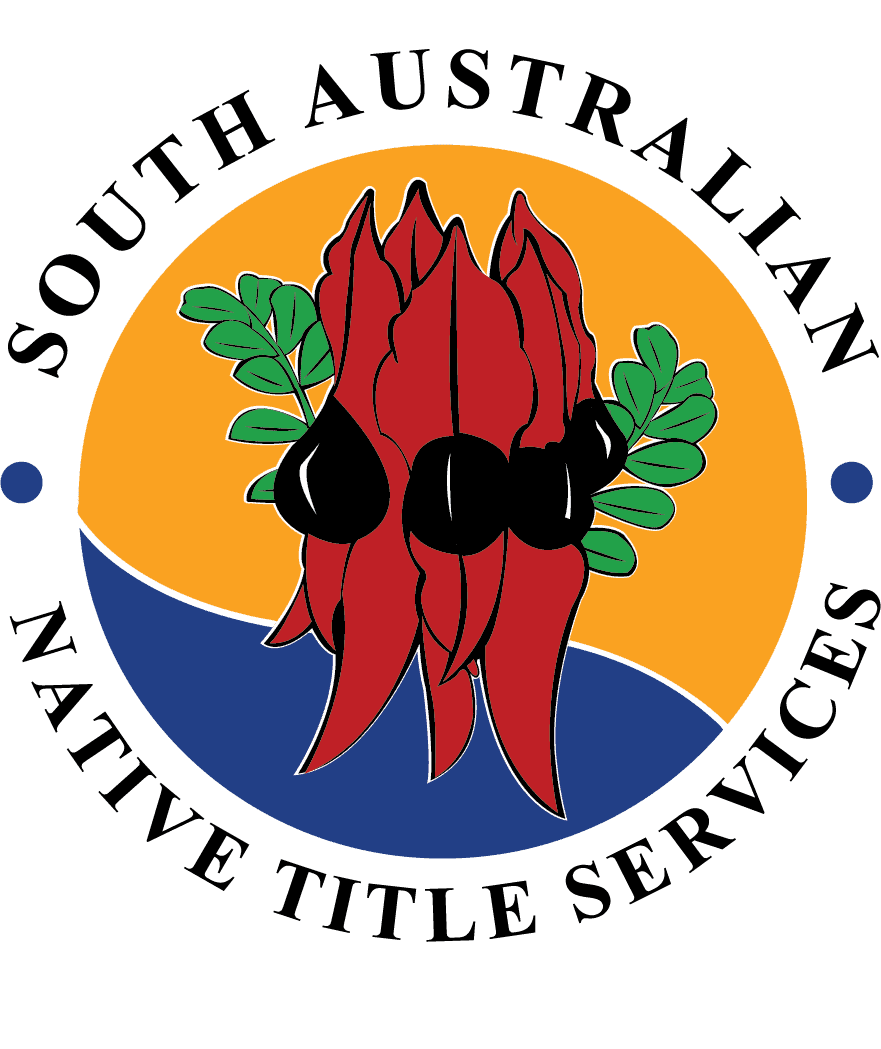
WHAT IS NATIVE TITLE ?
What is native title
The Native Title Act 1993 (Cth) was introduced following the landmark Mabo decision to recognise the prior rights and interests held by First Nations in Australia’s lands and waters.
In 1982, Eddie Mabo and other Torres Strait Islander people decided to fight for their ancestral right to their land.
They argued to the courts in Queensland that Australian law didn’t recognize that Indigenous people had a system of law and ownership before British settlement.
After a long battle, a decade later in 1992 the High Court ruled that Indigenous traditional title to the land had survived British settlement. The concept of ‘terra nullius’ was abolished and the native title was recognized.
After the momentous Mabo Case, the Native Title Act 1993 was passed by the Australian parliament.
“We cannot imagine that the descendants of people whose genius and resilience maintained a culture here through 50,000 years or more … will be denied their place in the modern Australian nation … - Prime Minister Paul Keating, 10 December 1992
The Native Title Act establishes a legal framework to manage interests in lands and waters held or claimed by Indigenous and settler Australians.
The Act has methods for Indigenous groups to make an application to the Federal Court to have their Native Title rights formally recognised through a determination.
It also has ways for other people or organisations, like State and Local Governments to be involved in claims and resolve native title applications through negotiation and mediation.
When an Aboriginal Nation has ‘authorised’ a native title claim – it is sent to the Federal Court.
A claim is first assessed by the Native Title Tribunal (which assists the Federal Court) to test if native title might exist. If the claim passes that test, the Tribunal will register the claim. That means the Indigenous people who’ve made the claim have a right to be consulted about any future development on the land, even before any determination has been made.
After the registration test is completed, the claimants, the native title representative body or service provider and the relevant state Government will try to resolve the claim by agreement.
During this time, the various parties will consider reports prepared by Anthropologists on the cultural practices of the claimant group and their ongoing connection with the area being claimed.
If the parties can agree, the Federal Court will make a ruling called a consent determination. This means native title is recognised by agreement without a trial involving evidence given by claimants.
If the parties can’t agree, the Federal Court will schedule a trial and the Justice will hear evidence, including stories from key members of native title groups with good knowledge of traditional practice and decide if native title exists.
For any determination, it may be agreed or found that native title exists over some or all of the country.
Many native title claims are for shared rights to the land with other people who also have an interest in the land.
Recognition of native title may give Indigenous people the right to hold ceremony, gather bush foods, camp or hunt on the land, have a say on what development can happen on the land and share in benefits from the use of the land.
Native title does not give ownership of the land as is commonly understood by for example a homeowner, or the power to take away other people’s rights to the land or the right to stop all developments. In most cases native title co-exists with other rights to land.
Freehold titles and most leases over land extinguish native title completely (except some titles held by Aboriginal people). Pastoral leases only partially extinguish native title and Aboriginal titles, like land rights title or Aboriginal-owned pastoral stations, will generally have no affect on native title.
Where native title has been lost, sometimes native title holders will be financially compensated for the loss of those rights or because some activities like mining, farming and tourism or any other development are taking place on the land.


 Protected by Patchstack
Protected by Patchstack